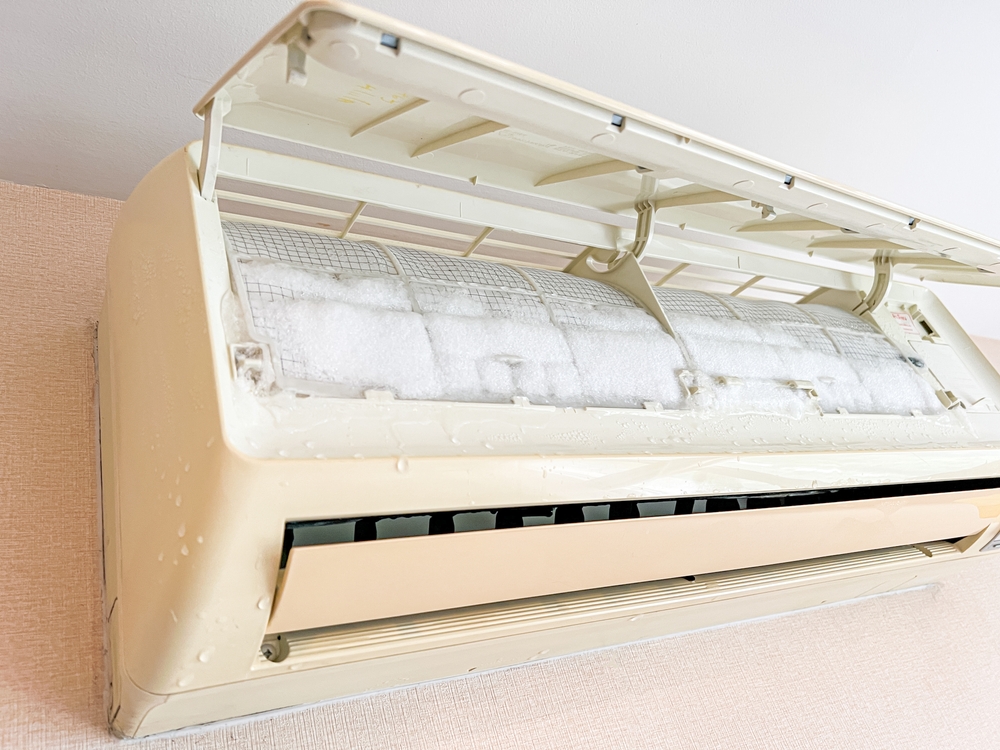Blog
Look At R-Values To Create An Efficient Heat Barrier For Your Home
Insulation is rated according to its ability to resist the flow of heat from one space to another. This rating, known as R-value, is an important factor to consider when deciding which insulating material will provide the most effective heat barrier for your home.
The R-value, which is determined by the type, thickness and density of an insulating material, can tell you at a glance whether a certain type of insulation will provide adequate protection for your home. The most effective insulating materials have the highest R-values, while less effective materials have lower R-values.
If you live in Northern Indiana or Southwest Michigan, you can use the following general guidelines to help you determine effective R-values for insulating your home:
- Attics should be insulated to at least R-49.
- Floors that are over unheated spaces should be insulated to at least R-25.
- Wall cavities should be insulated to at least R-15.
- R-5 insulative sheathing should be installed under exterior siding to form an effective heat barrier for your home.
Many homeowners think of home insulation as a do-it-yourself project. However, because the heat barrier formed by insulation is such a vital part of your home's overall energy efficiency, you may want to consider hiring a professional to do the job for you. In many cases the cost of installation can be easily recouped through energy savings over time.
A well-insulated home can improve the overall effectiveness of your HVAC equipment, helping to keep your home comfortable year-round while lowering your heating and cooling costs.
For more suggestions on how to reduce heat loss and improve the energy efficiency of your home, contact us at Home Comfort Experts.
Home Comfort services the Mishawaka/South Bend areas of Indiana.






